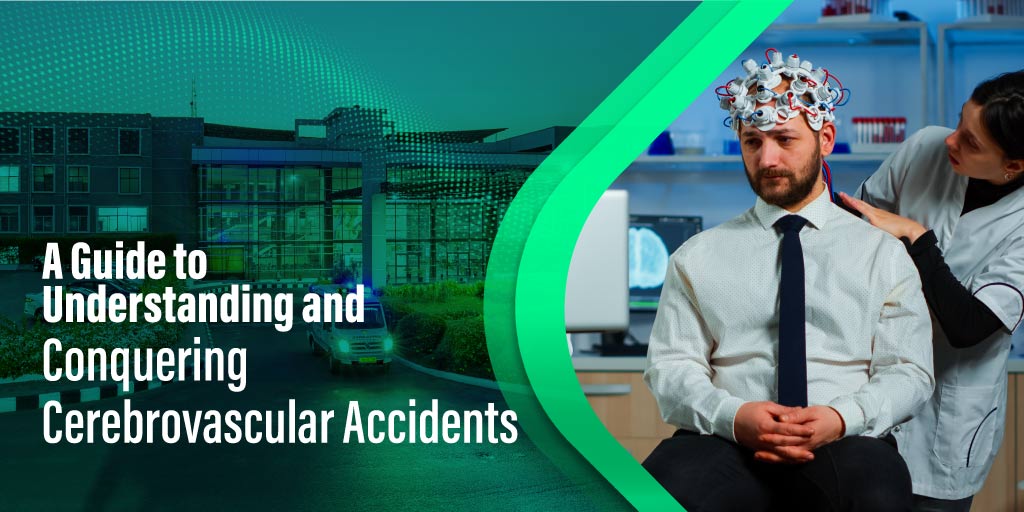Infected mosquitoes spread malaria. This disease is one of the most stressful diseases. People belonging to warm climates and less healthcare suffer a lot. There are many prevention strategies to reduce transmission. However, for long-term control effective treatment is needed. You do not have to worry as the treatment is quite affordable. Just typing in Google as an affordable hospital near me can show you the hospitals like the Karpagam Hospital that provide treatments that are less expensive.
In this blog, you can understand the importance of complete malaria treatment in preventing relapse. You can also understand the factors that contribute to relapse and the strategies to mitigate it.
What is Malaria Relapse?
Five species of plasmodium parasites infect humans. Out of these 5, Plasmodium falciparum and Plasmodium vivax are great threats to human health.
An infected mosquito by these two parasites when it bites a human, it turns him to a host. It lives using the resources in the human body. This will make the malaria parasites enter the bloodstream. It travels to the liver organ and undergoes multiplication. After multiplication, they re-enter the bloodstream and infect the red blood cells.
This activity of the parasites inside the body will cause some symptoms like fever, headache and fatigue. When left untreated, it can lead to severe complications and sometimes even death.
This is how a person is infected by malaria. But what is Malaria relapse? Malaria relapse happens when the parasite reactivates after the initial treatment. This can be confirmed when the symptoms reoccur.
This generally happens when the human is infected with Plasmodium vivax and Plasmodium ovale. After treatment, these parasite infections will be present in dormant mode. They can remain in the dormant mode for weeks and even months before reactivating.
What are the consequences of incomplete treatment?
Two important consequences can happen because of incomplete treatment.
- Prolonged suffering of the affected individual
- Significant public health risk
It is common how patients do not complete the full course of medication as prescribed. Generally, they would not prefer taking medicines once they feel fine. When antimalarial medication is not completely taken, certain parasites may remain in the body.
They will develop resistance over time. Simply put, it will give the parasites a superpower so that the medications do not work anymore. Even if the same medication is given in the future treatment, the parasites will be strong enough not to be affected.
As per the World Health Organisation reports, incomplete treatment is the major factor for more than 8 billion malarial cases every year. This highlights the urgent need for establishing malaria relapse prevention working strategies.
Factors responsible for the contribution of Malaria relapse
- Parasites like Plasmodium vivax and Plasmodium ovale pose relapse because of their stable but dormant presence in the human liver.
- Parasites’ power to develop resistance against anti-malarial drugs often leads to treatment failure and relapse.
- Patience negligence to complete the full course of anti malarial medication allows the parasites to stay as residues in the body and trigger a relapse.
- If the immune system of an individual is weak, he or she will be unable to clear the parasites from their system fully. This will increase the risk of relapse
- Any other already existing infection in the body will reduce the ability to fight malarial parasites.
Ways for preventing Malaria relapse
Malaria relapse is possible when both individual treatment and broader public health initiatives are taken seriously.
- Comprehensive treatment- It can be ensured that patients complete their full course of anti material medication prescribed by the doctors. Patients and their families can be educated on the importance of completing the full course of medication to eliminate the parasites from the body.
- Screening and diagnosis – Early detection can help with the proper treatment. Identification of the impacting species can take time. So, it is always wise to reach the doctor when malaria symptoms are recognised.
- Drug compliance: Doctors and health care providers should educate the patients about the importance of strictly following the treatment regime. They should also provide information on overcoming the side effects caused by medication.
- Vector control: Apart from individual patients’ treatment, vector control measures like insecticide-treated bed nets and indoor spraying can help in the prevention of new infections. It can also reduce the overall burden in the endemic areas.
- Surveillance and Monitoring: Regular surveillance and monitoring can help doctors find any emerging challenges in malaria elimination efforts and adjust the strategy to prevent relapse.
Conclusion
Therefore, preventing malaria relapse is one of the very important aspects of a comprehensive malaria control strategy . According to WHO, complete treatment can reduce the relapse problem up to 90%. So, with the proper combination of patients’ adherence to the treatment and broad public health interventions, Malaria relapse can be mitigated to a greater extent. Top 5 hospitals in coimbatore are already doing the needful.They are involved in educating patients and their families and implementing comprehensive control strategies to reduce the burden of this stressful disease. Everyone needs to understand that complete treatment can save lives and break the cycle of malaria transmission.







